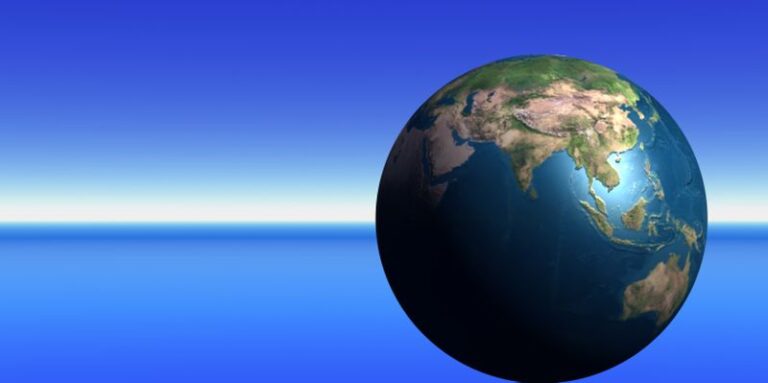
Meet the new coordinating officer for the SeaMap project
Safiyya Sedick, the new coordinating officer for the SeaMap project Safiyya conducting field work along the west coast of South Africa Safiyya Sedick’s key focus has been describing new species of marine worms, especially from southern African offshore sediments, as well as offshore ecology and the identification of benthic macrofauna. Having previously worked in the private sector, she has experience


